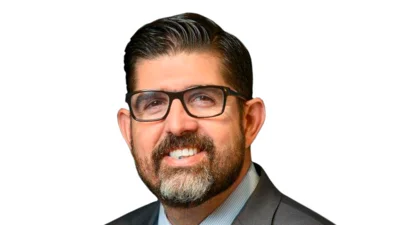Boil Water - pym | Unplash by Joe Pregadio
Boil Water - pym | Unplash by Joe Pregadio
Water Service Interruption & Precautionary Boil Water Notice due to a tie end into the water main: Effecting residents on South Ocean Shore Blvd (A1A), S. Central, S. Daytona and S. Flagler Avenue between South 12th and South 17th Street. Areas of our City will be under a precautionary boil water notice beginning at 9:00 a.m., Monday February 13th to February 17th and will continue for sixty (120) hours unless further notice is given to extend the notice time. Residents are asked to boil their water due to tie-in testing beginning at 9:00 a.m. – 5:00 p.m. on Monday February 13th.
If during a hurricane, tropical storm or unforeseen emergency, our water system loses power and water pressure, we will issue a precautionary boil water notice (PBWN) to our customers.
Water pressure keeps pollutants from entering the underground pipes that bring drinking water to your house or business. When the pressure is lost, contaminants can seep into the pipes. This might allow pathogens (disease-causing germs) into the water that can cause illness if one drinks it or prepares food or beverages with it. So, as a precaution, it is important to disinfect tap water to kill any bacteria or viruses that may have entered the water, or use an alternative source of water (bottled water).
Under a boil water notice, water used for consumption can be disinfected by any one of the following methods:
- Bringing the water to a rolling boil and holding it there for one (1) minute, OR
- Using a disinfecting chemical. If you cannot boil water, you should put eight (8) drops of common household bleach (unscented) which is about 1/8th teaspoon, into one (1) gallon of tap water, then shake it, and allow it to stand for 30 minutes before drinking. If the water is cloudy, use sixteen (16) drops, about 1/4 teaspoon of bleach instead of 8, shake it, and let it stand for 30 minutes. There should be a slight chlorine odor. Use common household bleach that has 5% to 6% active ingredients. Use food grade containers. OR
- Using water purification tablets or iodine that many sports and camping stores sell, and follow their directions.
Consumption includes brushing teeth, washing fruits and vegetables, and homemade ice.
Tap water may be used for showering, baths, shaving and washing, so long as care is taken not to swallow or allow water in eyes or nose or mouth.
Children and disabled individuals should have their bath supervised to ensure water is not ingested. T
he time spent bathing should be minimized.
Though the risk of illness is minimal, individuals who have recent surgical wounds, are immunosuppressed, or have a chronic illness may want to consider using bottled or boiled water (that has cooled) for cleansing until the notice is lifted.
Businesses and non-residential sites should take steps such as posting notices at, or disabling water fountains and ice machines during the PBWN.
If you provide water to visitors or employees, use commercially produced bottled water for drinking or beverage preparation (coffee).
Food service operations have additional requirements from their regulatory agency.
Original source can be found here.




 Alerts Sign-up
Alerts Sign-up